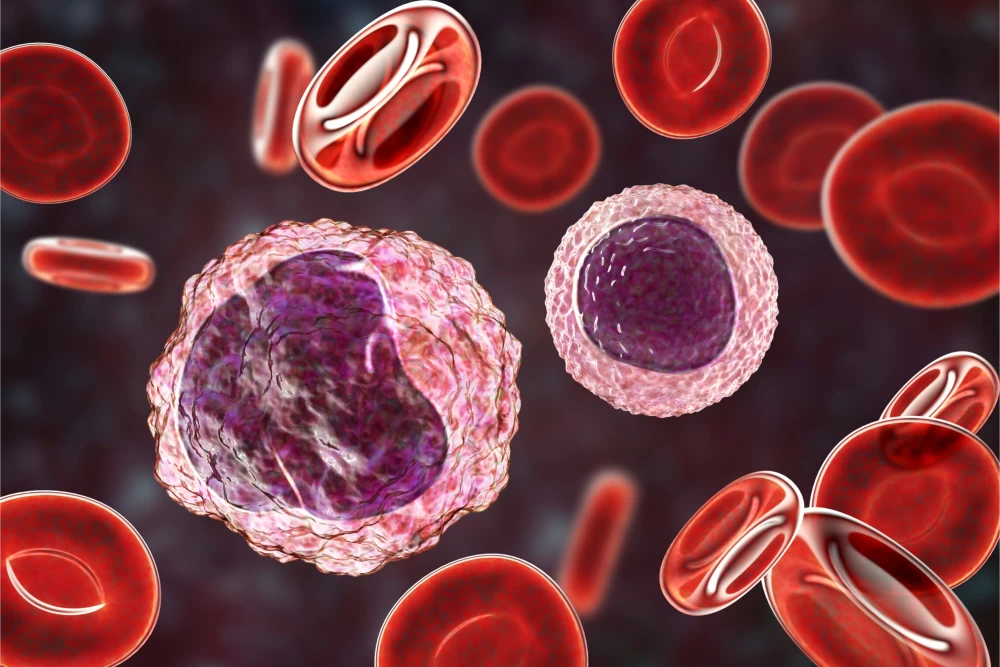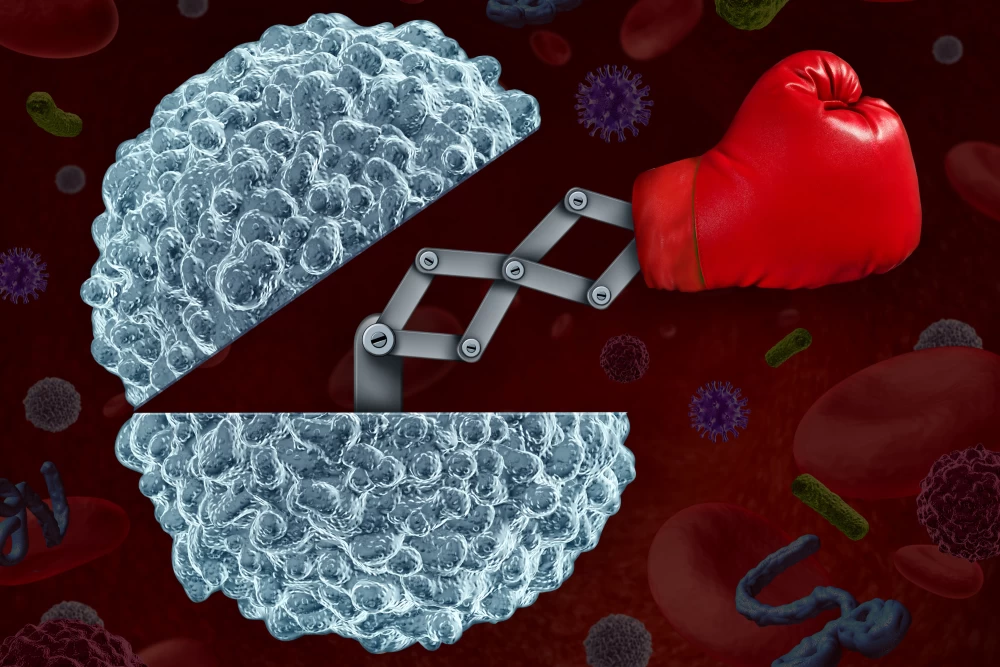
- 3rd May 2023
Table of Contents
Intermittent Fasting: A Working Definition
Alternating periods of eating and fasting, known as intermittent fasting, is a dietary intervention. It does not tell you what to eat or what to avoid, but rather when to eat. The two most common types of intermittent fasting are the 16/8 method, in which people eat only during an eight-hour window and then fast for the remaining 16 hours, and the 5:2 method, in which people eat normally for five days a week and then drastically cut their calorie intake to between 500 and 600 on two days of the week that aren't consecutive. Weight loss, enhanced insulin sensitivity, decreased inflammation, and enhanced autophagy are just some of the potential health benefits of intermittent fasting. Blood glucose, cholesterol, and triglyceride levels, as well as other markers, may be affected. For instance, prolonged fasting can cause false-positive ketone measurements by lowering glucose levels while increasing ketone production. However, triglyceride levels can rise if high-fat meals are consumed during the feeding window. Since intermittent fasting can alter metabolic parameters, it is important to let doctors know if you are currently engaging in or plan to engage in this practise before undergoing any tests or procedures that could potentially be affected by this.
Blood Glucose and Overnight Fasting
Fasting is the temporary renunciation of food and drink for spiritual, medical, or therapeutic purposes, and it is practised widely across cultural contexts. Controlling blood sugar levels is one of the most notable advantages of fasting. Insulin is secreted by the pancreas and used to convert glucose, a sugar found in carbohydrates, into energy. Fasting can significantly lower blood glucose levels in people who have too much glucose there due to overeating or a lack of physical activity. Fasting before taking a blood test can help eliminate external factors that can affect readings, leading to more reliable results. In particular, doctors advise fasting for 12 hours prior to a blood sugar test. This will allow them to see how much glucose your body naturally produces without the help of food or drink. However, it's important to remember that prolonged fasting can cause hypoglycemia, or low blood sugar. Dizziness and fainting are possible symptoms of hypoglycemia, which occurs when the body does not have enough glucose to produce energy. Therefore, check with a doctor before beginning an extended fasting regimen, especially if you have a preexisting condition like diabetes that necessitates careful monitoring of your blood sugar levels.
Fat Distribution During Fasting

The lipid profile of blood samples can be significantly altered by fasting. The levels of cholesterol and triglycerides in your blood can be determined by taking a lipid profile. An accurate reading of these lipid levels requires that you fast before the test. Results may be affected by the body's natural production of cholesterol and triglycerides after eating. Fasting for 8-12 hours prior to a lipid profile test is therefore recommended. The practise of intermittent fasting as a means to better health and weight loss has gained popularity in recent years. However, the nutrient balance of the body can be affected by intermittent fasting, which can show up in blood test results. Blood test results may change during intermittent fasting, so it's important to talk to your doctor about making any necessary adjustments to your medication or treatment plan. In conclusion, if you need to take a lipid profile test or other blood tests that require fasting, you should follow all preparation instructions to the letter. This will help make sure that your readings are accurate and that your doctor can make recommendations for treatment based on your actual health rather than on something like what you ate for lunch.
Fasting and Blood Biomarkers
A person's blood system health can be evaluated with the help of haematological markers. However, these markers can be impacted by fasting before a blood test, leading to inaccurate results. Fasting causes a number of physiological changes that have an effect on the concentrations of haematological markers in the blood. For instance, when you don't eat for a while, your body uses the fat stored in your muscles and liver as fuel, which raises your blood levels of triglycerides and LDL. Inadequate fluid intake during fasting can also cause dehydration, which in turn lowers the body's hematocrit and haemoglobin levels. The volume of red blood cells (RBCs) is quantified by the hematocrit, while the protein molecule haemoglobin is quantified by the haemoglobin level. Hemoconcentration, which occurs when plasma volume decreases due to dehydration, artificially inflates hematocrit and haemoglobin values. Finally, the effects of intermittent fasting on haematological markers must not be ignored during medical evaluations, as doing so could result in incorrect diagnosis and inappropriate treatment plans. Adherence to certain guidelines is advised for individuals undergoing a blood test, such as staying hydrated prior to tests or consulting with healthcare providers about whether or not to fast prior to any medical examinations involving checking haematological markers' status.
Lack of Nutrition and Diagnostics

Lack of essential nutrients can have serious consequences for human health. Anemia, fatigue, weakened bones, and immune system dysfunction are just some of the symptoms of a lack of essential vitamins and minerals like iron, vitamin B12, calcium, and vitamin D. By gauging the concentrations of various elements in the blood, blood tests can be used to detect nutritional deficiencies. Concerns about nutrient deficiency blood tests are raised in relation to intermittent fasting. A person's vitamin D levels may falsely appear lower than they actually are if they fast before having blood drawn for a test, for example. Similar changes can be seen in blood sugar and liver function tests after a fast. Discussing with your doctor whether or not you should fast before taking certain blood tests is important to ensure accurate results when testing for nutrient deficiencies while intermittent fasting or following any specific dietary plan or lifestyle change that may affect test results. Your doctor will be in the best position to advise you on when to get tested based on your specific circumstances and in light of your long-term health objectives.
Drug Testing Consequences
There may be an effect of intermittent fasting on blood test results, despite its rising popularity as a weight loss tool. When a person goes without food for an extended period of time, their body enters a metabolic state called ketosis. Changes in blood glucose and triglyceride levels are possible outcomes of this. Therefore, those who practise intermittent fasting may have falsely low readings for these markers. Intermittent fasting has been shown to influence the outcomes of drug tests in addition to glucose and triglyceride levels. Fasting affects the metabolism of some drugs, leading to potentially inaccurate results for some diagnostic tests. Therefore, it is important for people undergoing drug testing to let their doctors know if they have been engaging in intermittent fasting. Overall, the benefits of intermittent fasting for weight loss and general health should be weighed against the potential impact on blood test and drug testing results. If a person has been intermittent fasting, they should let their doctor know before getting any tests done to make sure the results are reliable.
Fasting: Some Real-World Considerations
There are a number of logistical details to think about when fasting. To begin, pick a time for your fast when it won't conflict with anything else you have planned. Maintaining an adequate fluid intake throughout the fast can mitigate the risk of dehydration and other side effects. The duration of your fast is yet another factor to think about. Some people choose to fast for very long periods of time, but it's recommended that newbies start with shorter fasts and work their way up to longer ones. Fasting can significantly affect the outcomes of blood tests. In particular, there are pre-test fasting requirements for many blood analyses (usually around 8-12 hours). Incorrect test results could lead to a wrong diagnosis and unnecessary treatment if the directions aren't followed. While fasting has many positive effects, it is important to do so in a responsible and thoughtful manner. You can safely incorporate intermittent fasting into your lifestyle with minimal risk or complications if you remember these practical considerations.














